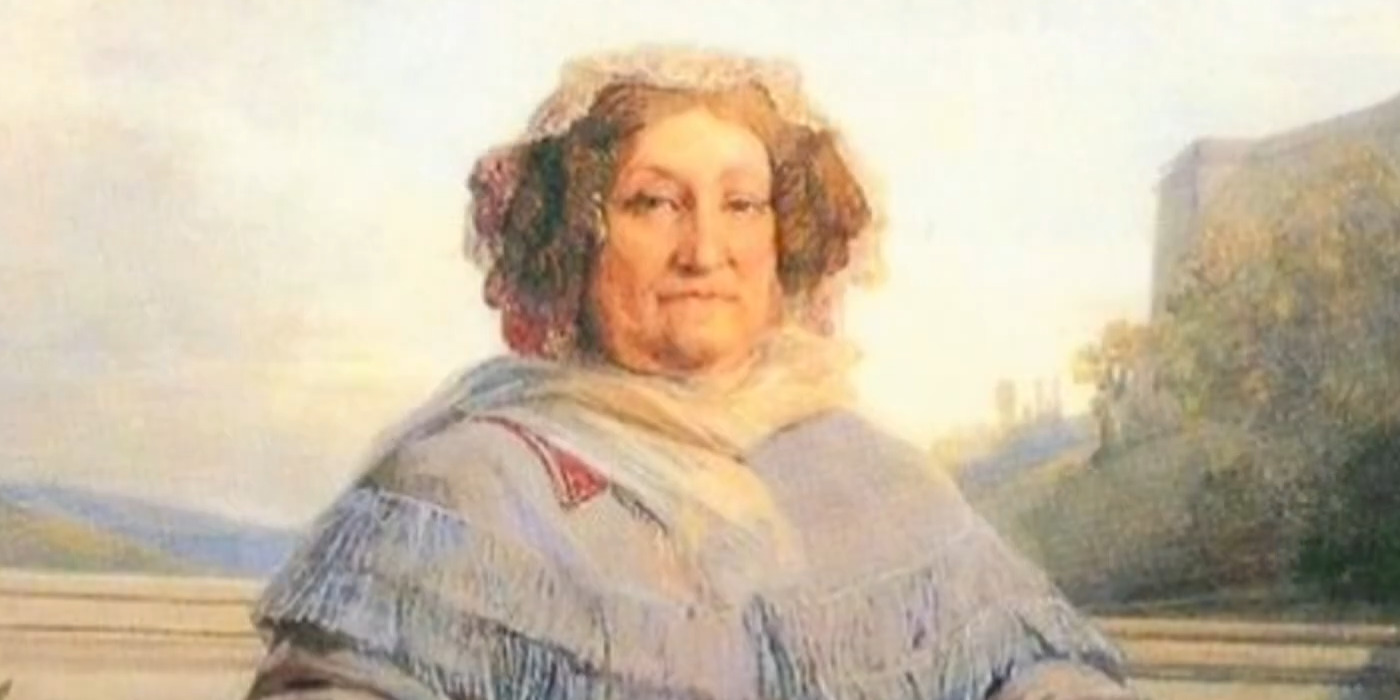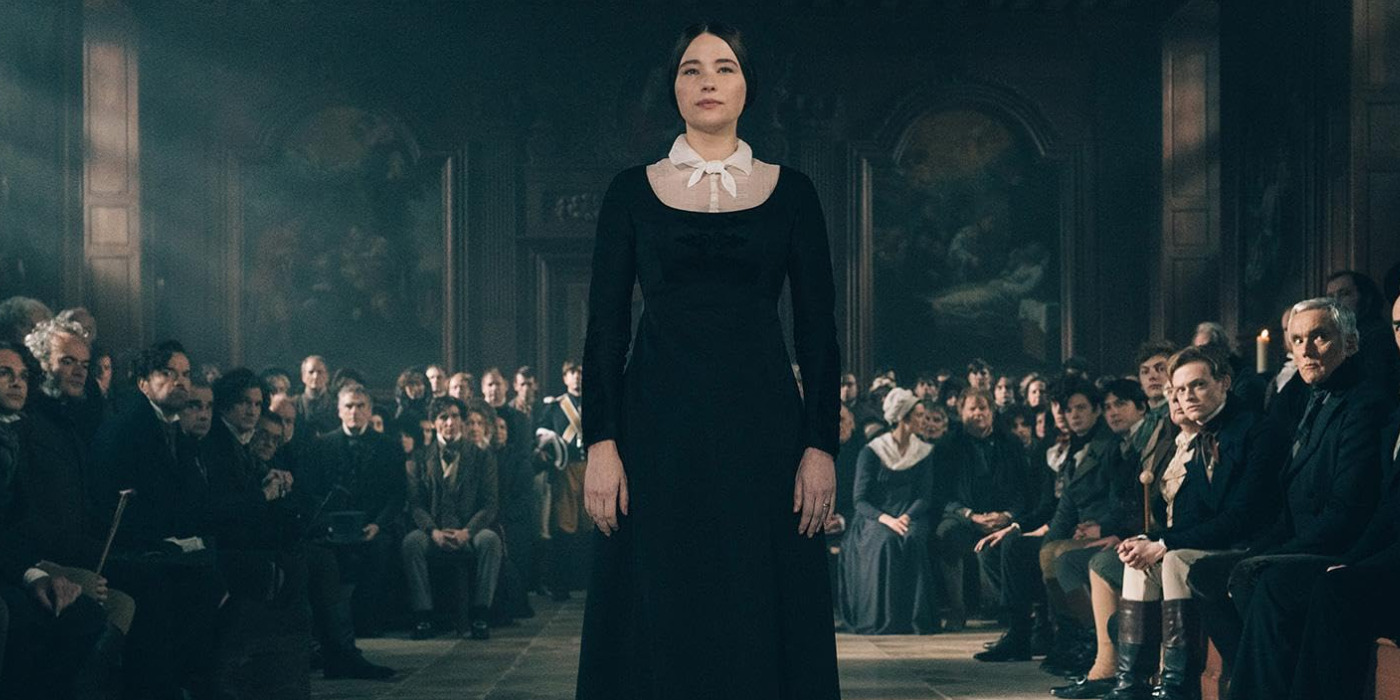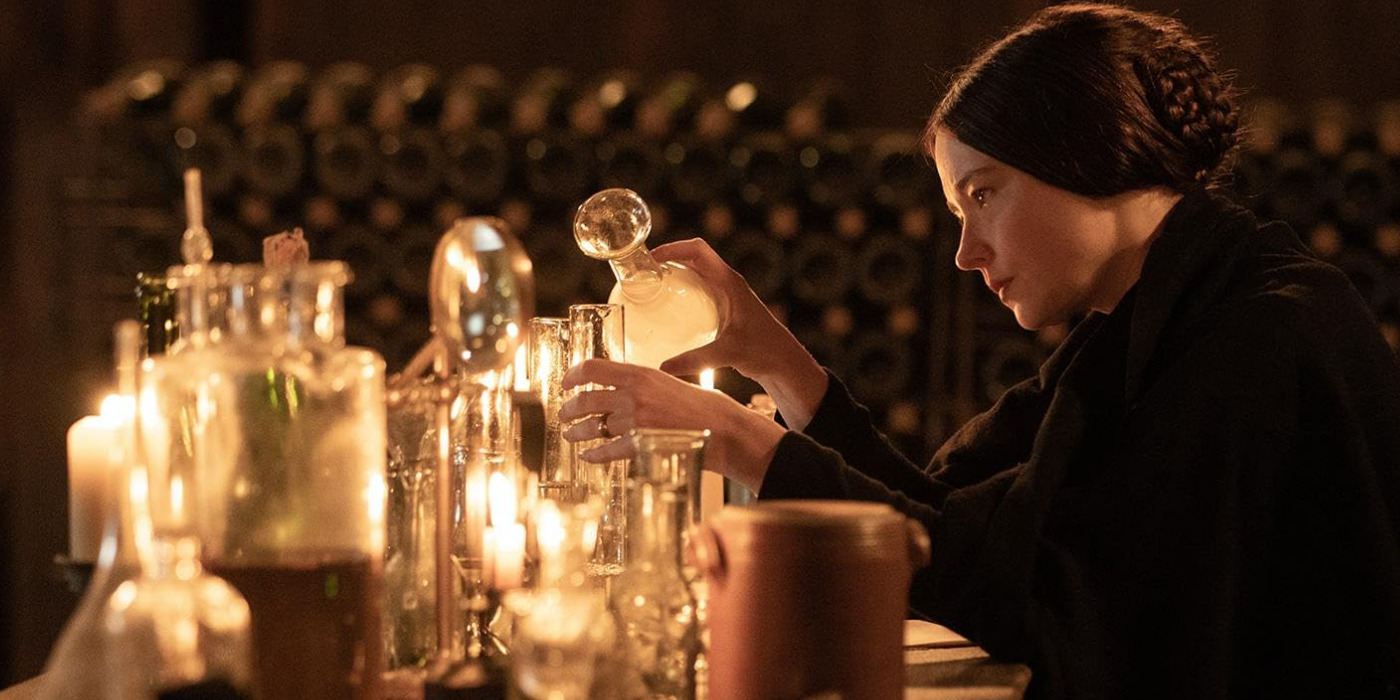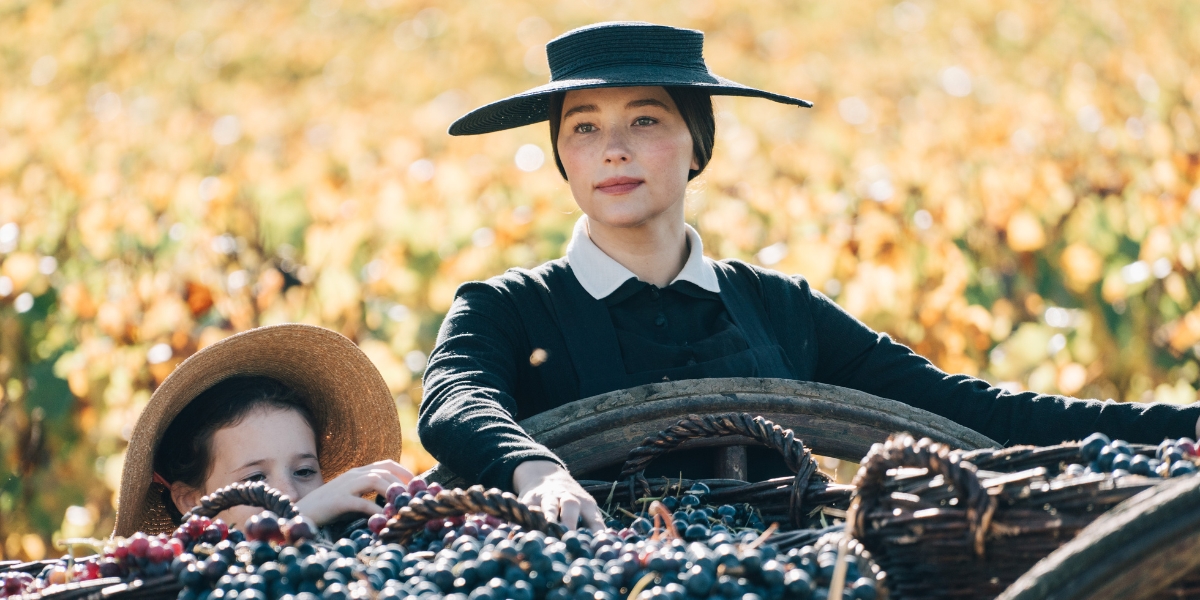‘Widow Clicquot’ is a drama film that transports the viewers to the late 1700s as an artist with a sharp knack for business ripens in France’s vineyards. The film centers around Barbe-Nicole Clicquot, who shares a deep-held passion for the art of winemaking with her husband, François. However, François’ untimely death in the middle of a series of unfortunate business ventures leaves their vineyard in Verzy vulnerable to outside forces. As a result, in the midst of dealing with her grief, a recently widowed Barbe finds herself in a position to fight for her and her husband’s dreams.
On this path, the woman finds some friendly faces, such as merchant Louis Bohne and accountant Edouard Werle. However, she must also face daunting adversaries and the prejudices of society. Directed by Thomas Napper, the period film presents a fluid narrative combining ghosts of Barbe’s past and her dogged efforts to secure her future. While her story occupies the center stage, key moments—most prominently the Napoleonic wars—pass by in the background, furthering the historical relevance of Barbe-Nicole Clicquot’s story.
Widow Clicquot Tells The Historical Tale of a French Champagne Producer
‘Widow Clicquot’ delves into the life of Barbe-Nicole Clicquot Ponsardin, France’s pioneering Champagne Producer who paved the way for the future of businesswomen to come. Among her many monikers, including the titular ‘Widow Clicquot,’ she was known as the “Grande Dame of Champagne.” Clicquot was born to a bourgeoisie family in the late 1700s, as France was hurtling toward the French Revolution. When she was 21, in 1798, she and Francois Clicquot—the son of a wealthy textile businessman—married as a part of an arranged marriage.

Francois had grand aspirations of winemaking despite having little knowledge about it. On the other hand, his wife came from a family of winemakers. As such, the couple undertook the journey of learning the craft of winemaking together in hopes of expanding the Clicquot family’s small winemaking business. Nonetheless, six years into their marriage, their efforts led them nowhere, and their winemaking business remained unsuccessful. Francois died in 1805, leaving his wife as the sole inheritor of their dreams. Despite the time’s reservations against women managing businesses, Clicquot’s father-in-law, Philippe Clicquot, agreed to invest in the business with her as the mind behind it.
Although Clicquot faced some failures in her journey—even facing bankruptcy at one point—by the 1810s, her business started to take off as peace emerged after the Napoleonic Wars. During this time, she developed the pioneering winemaking technique of riddling. This helped her expedite production and further grow her business and the Veuve Clicquot Ponsardin (Veuve is French for Widow) name in the champagne production industry. As such, her legacy continues to live on even today through her company and timeless concoctions, including the iconic Comet vintage of 1811.
Widow Clicquot Adapts Barbe-Nicole Clicquot Ponsardin’s Story With Creative Liberty
Considering Barbe-Nicole Clicquot Ponsardin’s significant relevance as a historical figure, the French champagne producer’s name continues to thrive in culture, not least through her Champagne House. In 2008, Tilar J. Mazzeo penned the story of the woman’s life in the biography ‘The Widow Clicquot: The Story of a Champagne Empire and the Woman Who Ruled It.’ Thomas Napper’s similarly titled film bases itself on the same biography in bringing Clicquot’s story to the screen for the first time. The film focuses on the evidently groundbreaking story of the female businesswoman who brought her company to revolutionary heights at a time when women couldn’t have a legal identity outside of their husbands.

Even so, as the film sets out to tell the authentic story of Clicquot, it simultaneously affords itself an artistic license at places to drive its dramatized narrative forward. As a result, certain aspects of Clicquot’s life story—such as her apprenticeship under winemaker Alexandre Fourneaux—are written out of the story for one reason or another. Meanwhile, some fictitious inclusions are made to the true story, most prominently, the on-screen narrative’s climactic public proposal turn-down. Any additions to or subtractions from Clicquot’s real history remain in service of the cinematic story. Yet, these instances momentarily derail ‘Widow Clicquot’ from historical accuracy. Ultimately, the film remains a historical biography that doesn’t shy away from the occasional fictional tinkering.
Widow Clicquot Explores a Woman’s Sucess Through Loss and Grief
The historical roots of ‘Widow Clicquot’ establish a connection to reality, which is further strengthened through the themes that run through the film. As the story charts the path of Barbe-Nicole’s journey, it intersperses her struggle against various trials and tribulations with flashbacks to life with François before his passing. Therefore, as the woman’s inspiring story remains at the narrative’s center, her strife from a recent loss remains a consistent undercurrent to her story. Thus, a universally relatable element of love and grief’s cycle becomes the center of the tale.

Lead Actress Haley Bennett spoke about the same in a conversation with Eye For Film, where she said, “I think people will attach to the branding (female empowerment) aspect of the film, but I was more interested in and compelled to tell a story about what motivates us to create, and I personally feel pain and loss can be a very powerful motivator. So, I wanted to tell the story about Barbe-Nicole, her heartbreak and abandonment, her grief and failures, and her need to bottle time so she could stand back and examine it.” As such, the on-screen narrative garners as much realism from its themes as it does from its historical roots.
Read More: Best Historical Movies on Netflix


You must be logged in to post a comment.